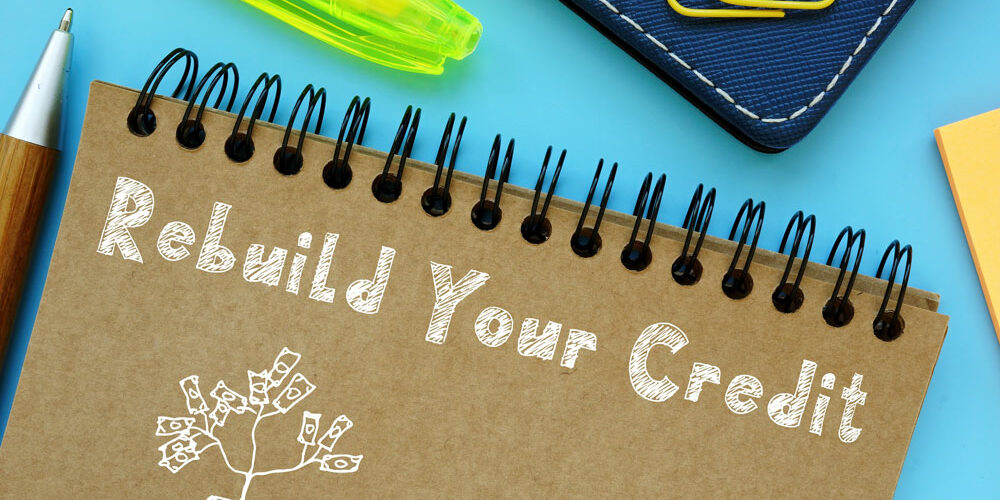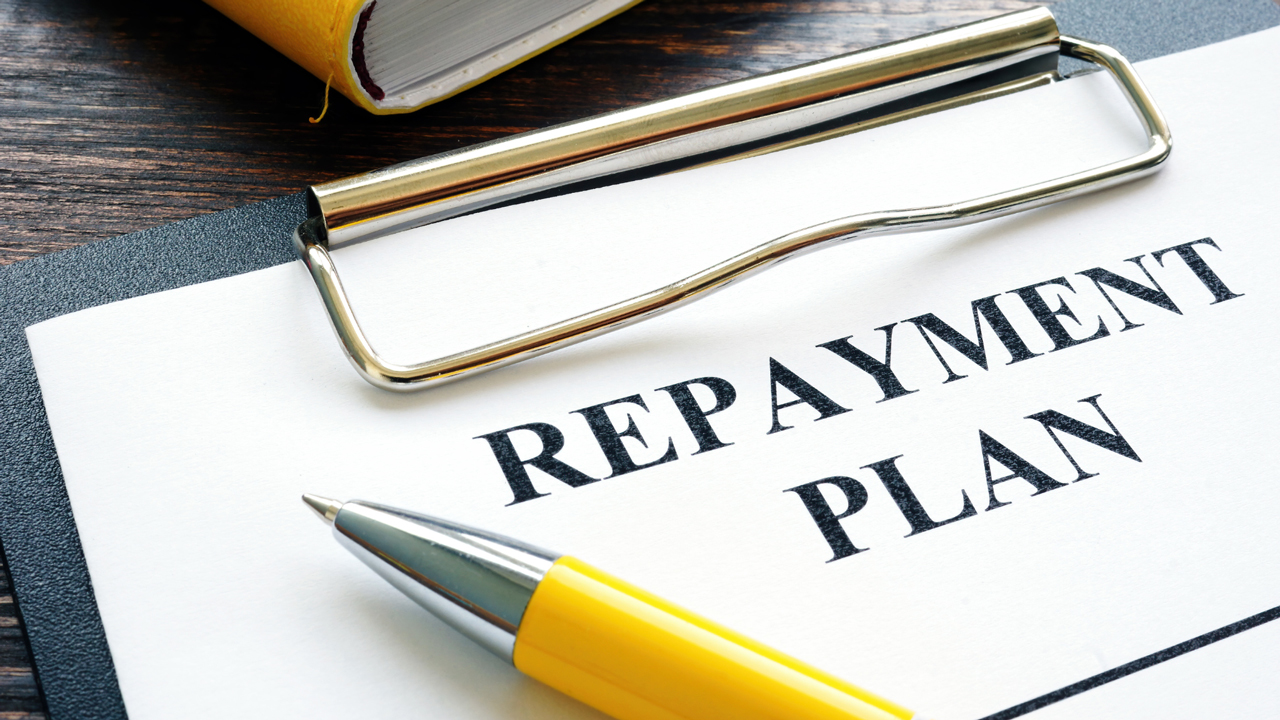Rebuild Your Credit After Debt: Steps to Financial Recovery

As difficult as it may seem, with the right strategies and perseverance, it is possible to rebuild your credit after debt. Many of us have had debt, but your financial future will look unique depending on how you recover. This blog will walk you through the process of regaining financial stability, improving your credit score, and emphasising financial control measures. Following these guidelines will help you rebuild your credit and develop behavioural habits for long-term financial success.
Understand How Debt Affects Your Credit Score:
Debt significantly impacts your credit score, influencing your eligibility for credit cards, loans, and even apartment rentals. Important factors that lenders consider are your credit utilisation, payment history, and past-due accounts. While a lack of a positive credit history can cause your credit report to be inactive, missed payments and excessive use of credit accounts can lower your credit score. While the damage can be permanent, credit scores are designed to restore and demonstrate your improved financial habits over time.
Assess Your Current Financial Situation:
Before you begin to repair your credit, you need to understand your financial situation. Take a detailed look at your current financial situation, including income, monthly expenses, and debts. Another important step is to review your credit history with the three major credit bureaus: Experian, Equifax, and TransUnion. Look for errors, account categories, and areas for improvement. A complete picture of your financial situation lays the foundation for a more successful financial plan.
Create a realistic budget and adhere to it consistently:
Financial recovery relies on a good budget, which allows you to better monitor your spending and allocate money appropriately. Start by dividing your expenses into savings, discretionary spending, and essential expenses. Limit non-essential spending and prioritise paying off debt. A spreadsheet or budgeting app can help streamline the process and ensure that every penny has a purpose. By following this budget, you can ensure that you are steadily paying off your debt and achieving your credit goals, which reduces potential financial stress.
Methods for Debt Reduction:
Rebuilding your credit requires paying off debt. You can use the snowball or avalanche method, depending on what works best for you. The snowball method emphasises paying off small debts first, so it offers small rewards to motivate you. The avalanche method, on the other hand, emphasises paying off high-interest debts first, which saves you money in the long run. Another beneficial option during this process is to negotiate a repayment plan or lower interest rates with your creditors. Remember that paying off debt takes persistence.
Check Your Credit Report Regularly:
Rebuilding your credit requires insight into your credit improvements. Regularly checking your credit report can help you track progress, spot errors, and address negative issues right away. Use a free credit monitoring tool or check your annual credit report now (AnnualCreditReport.com). By monitoring your accounts, credit bureaus know that you are actively managing your money. The process also reduces the chances of fraudulent activity that could disrupt your financial rebuilding plans.
Develop Positive Credit Habits:
Good credit habits improve your credit score and ensure long-term stability. One of the most important factors that affect your credit score is making all payments on time. Keep your credit utilisation ratio around 30% to avoid exceeding your credit limit. If you are rejected for traditional credit options, consider applying for a credit builder loan or a secured credit card to build a sensible borrowing history. These behaviours can provide a solid financial foundation for a gradual improvement in your credit score.
When you Need Professional Help:
Rebuilding your credit can be daunting at times; professional guidance can speed your recovery. Financial advisors can guide you through money management and investing, while credit counselling agencies can help you create a personalised repayment plan. But be wary of scams and make sure you contact a reputable resource like the National Foundation for Credit Counselling (NFCC). Professional help offers expert advice and tools that will simplify your financial recovery.
Maintaining Long-Term Financial Well-Being:
Once you’ve restored your credit and financial stability, the next challenge is maintaining it. Long-term financial stability requires proactive saving, effective debt management, and predictable budgeting. To avoid repeating past mistakes, continue to learn about personal finance. Track your financial progress and review your financial goals regularly. Remember that financial health is as much about correcting past mistakes as it is about moving sustainably toward a prosperous future.
Take Control of Your Financial Future Today:
While building your credit score takes time, dedication, and perseverance, the price of being debt-free is worth it. These guidelines will not only help you restore your credit score but also give you financial confidence and independence. Every step you take will lead you to financial freedom—from creating a sensible budget to reducing debt and improving your credit habits. If you’re struggling to get started, remember that it takes one step at a time to achieve anything. Take control of your finances today and create a secure future.
FAQs:
1. How long does it take for your credit score to improve after you are out of debt?
Your situation will determine how you repair your credit score. Depending on the severity of your previous credit problems and how well you have consistently built a favourable credit history, it could take months or even years before you see noticeable improvements.
2. Will paying off collections improve my credit score?
Although paying off collections does not show up on your credit history, it can improve your credit score somewhat. It also lets creditors know that you are working on paying off past due debts.
3. What is the debt snowball method?
To build credit, the snowball strategy emphasises paying off small debts first. You use the little debts you have paid off for your next loan, so once you pay off a small debt, the cycle begins.
4. Can I repair my credit score without applying for a new loan?
Indeed, building credit does not require taking out additional loans. To improve your credit score, you should focus on managing your financial accounts, making timely payments, and paying off existing debts.
5. How often should I check my credit report?
If you are actively working on improving your credit score, it is advisable to check your credit report at least once a year or more. Regular checks help you monitor your creditworthiness and detect fraud or errors.






